Kevin Andrew Fenton is not a politician, a star player in the English Premier League, a rapper, a big name in business and finance or an easily recognizable face from stage or screen. So, when he was named in the 2021 ‘Powerlist’ as Britain’s second most influential black person, few people knew that this was the man charged with the responsibility of keeping nine million plus Londoners safe from the deadly coronavirus pandemic. Ranked only behind Formula One World Champion Lewis Hamilton, Professor Kevin Andrew Fenton was recognized for his work in tackling the coronavirus pandemic and particularly its devastating impact on black, Asian and other minority ethnic communities (BAME) in Britain. Since joining Public Health England (PHE) in 2012, Kevin Fenton has been guiding policies to combat tobacco use and obesity and promoting mental and sexual health issues. This was no ‘hurry come up’ as Jamaicans would say but a brilliant professional with a 30-year record working behind the scenes in public health.
Prof Fenton is not only humbled by being recognized by his peers, but gratified because his work and that of others in the context of the pandemic not on the clinical frontline, are often not seen. But above all he sees it as a recognition of the importance of public health and a celebration of diversity of black leadership that is not confined to sports or other more visible or popular pursuits.
WHO IS KEVIN FENTON?
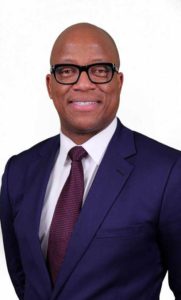 Who is Kevin Fenton and why is his work deemed to be so important that a panel of independent judges chaired by retired High Court judge, Dame Linda Dobbs in partnership with the law firm J.P. Morgan could have named him Britain’s second most powerful black person? Prof Fenton’s speciality is in Public Health with a super-speciality in infectious diseases – epidemiology. His substantive role is London’s Public Health Director, a role in which he provides advice on the health of Western Europe’s largest city and to reduce health inequalities for Londoners. In addition, he works with the National Health Service (NHS) as their adviser on the delivery of clinical services and clinical programmes (which includes the distribution of coronavirus vaccines in London) and finally, he is the statutory health adviser for London’s Mayor Sadiq Khan and the London Assembly. At the same time, he is fully engaged with the national response to the coronavirus and sharing the learning from London to other regions of the country to ensure best practice and innovation.
Who is Kevin Fenton and why is his work deemed to be so important that a panel of independent judges chaired by retired High Court judge, Dame Linda Dobbs in partnership with the law firm J.P. Morgan could have named him Britain’s second most powerful black person? Prof Fenton’s speciality is in Public Health with a super-speciality in infectious diseases – epidemiology. His substantive role is London’s Public Health Director, a role in which he provides advice on the health of Western Europe’s largest city and to reduce health inequalities for Londoners. In addition, he works with the National Health Service (NHS) as their adviser on the delivery of clinical services and clinical programmes (which includes the distribution of coronavirus vaccines in London) and finally, he is the statutory health adviser for London’s Mayor Sadiq Khan and the London Assembly. At the same time, he is fully engaged with the national response to the coronavirus and sharing the learning from London to other regions of the country to ensure best practice and innovation.
JAMAICAN BACKGROUND AND EARLY LIFE
Kevin’s journey to his present position and role can be said to have started at birth on December 19, 1966 at Queen Mary Hospital in Glasgow, Scotland. His mother, Carmen, was pursuing midwifery studies at the time at the Glasgow Royal Maternity Hospital and shortly after returned to Jamaica with baby Kevin to be re-united with father Sydney, then Head of the Science Department at Excelsior School in Kingston.
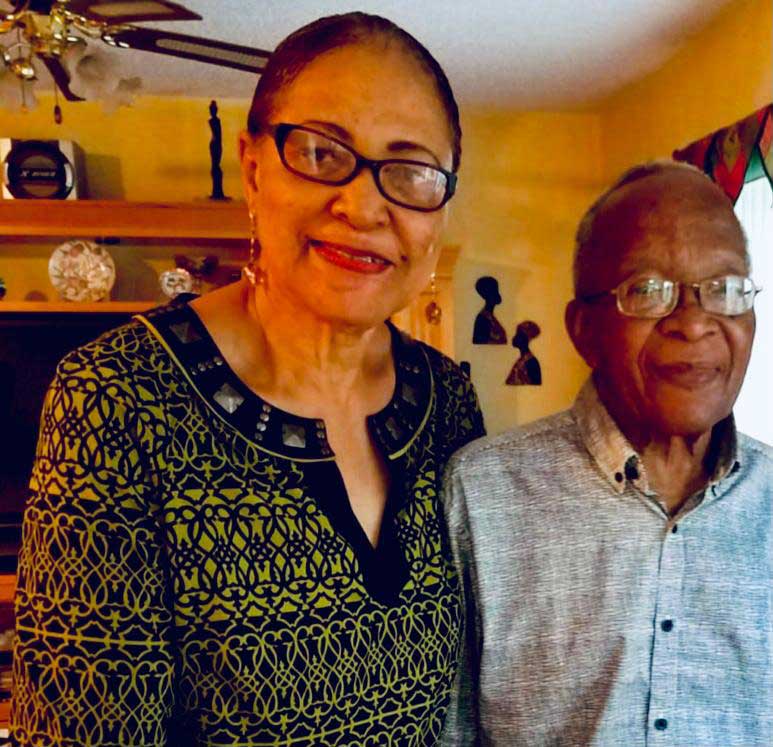
Kevin attended the prestigious Wolmer’s Boys School, reputed at 295 years, as the oldest high school in the English speaking Caribbean. Mother Carmen told Jamaicaglobalonline.com that Kevin displayed leadership qualities from an early age both at school and in the local church community where he became President of the Anglican Youth Fellowship. In his teenage years, Kevin developed an obsession with airplanes and wanted nothing else but to become an aircraft pilot but was dissuaded by his parents who encouraged him to pursue a career in medicine. Kevin will no doubt admit in hindsight, it was the best advice he ever received or took as his graduation from The University of the West Indies with an MB BS degree was to take him on a career trajectory that has brought him enormous joy and success. During these formative years, his parents also encouraged Kevin’s interest and obvious talents in Art –some of his pieces are proudly displayed on the walls of this parents’ home in Kingston – and in music. His piano teacher once remarked that Kevin’s affinity for absorbing her tutoring was ‘like ink to blotting paper’. Carmen and Sydney also expanded their family with three other children – Peter who also pursued a medical career as a gastroenterologist in the USA, and sisters Kim and Keisha both of whom have remained in Jamaica after completing degrees at The University of the West Indies.
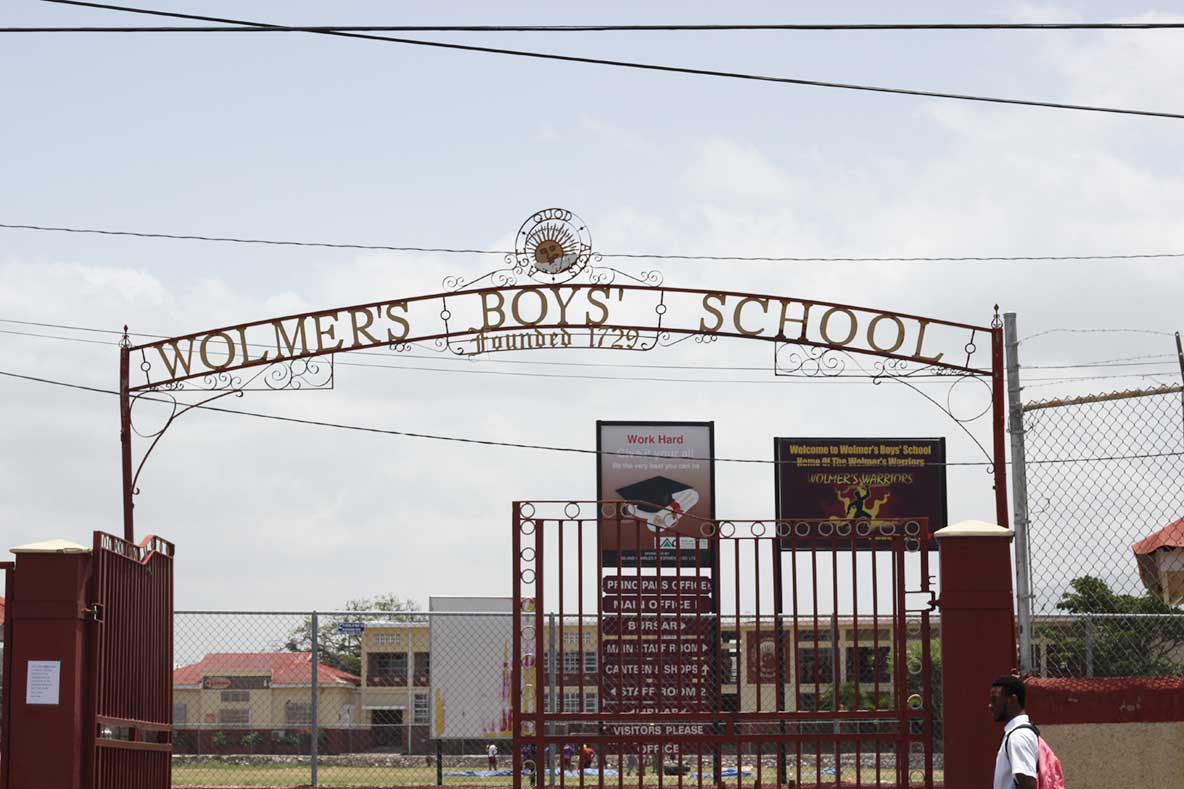
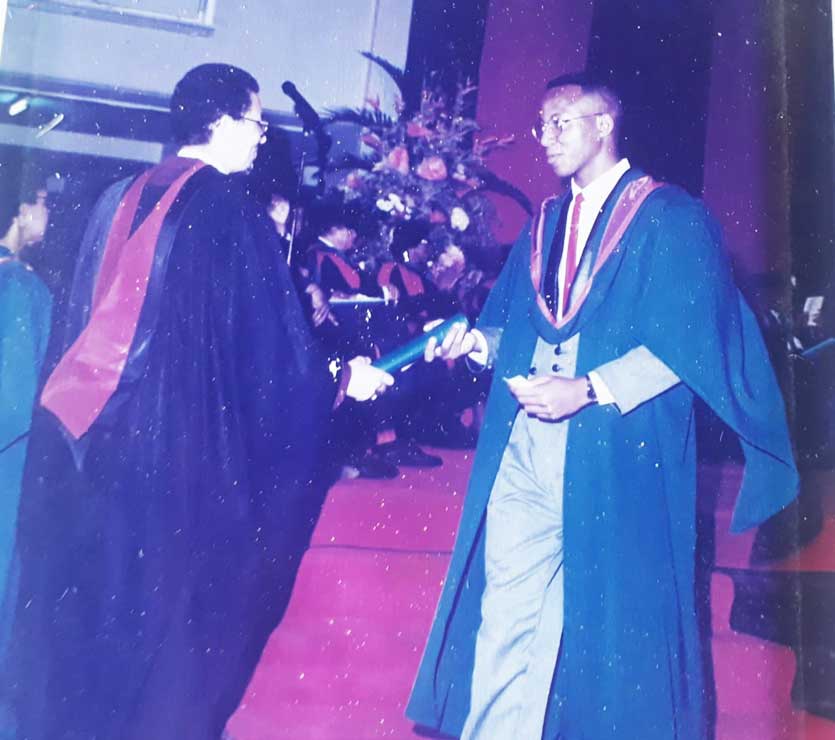


Perhaps it was no accident that after completing residencies at the Cornwall regional Hospital in Montego Bay and at the University Hospital of the West Indies, Kevin’s went to work as Medical Officer at the Noel Holmes Hospital in Lucea, the capital of his father’s birth Parish, Hanover where he not only connected with his paternal grandparents but also developed an interest in public health. Kevin acknowledges the influence and mentorship of Dr Peter Figueroa, at the time Jamaica’s Chief Medical Office in pursuing a specialization in public health, which first took him back to London’s School of Hygiene and Tropical Medicine on a Carrerras Scholarship to read for a Master’s degree in Public Health and a PhD in Epidemiology from University College, London. His thesis Race, Ethnicity and the Epidemiology of Sexually Transmitted Infections would provide an insight into the trajectory of this gifted scientist’s future career.
After a stint lecturing in HIV epidemiology and consulting with the NHS he took on full-time responsibility as Director of its Health Protection Agency, HIV and Sexually Transmitted Infections Department. Thus began the peripatetic phase of Fenton’s career as in 2005 he moved to the US to join the Centre for Disease Control (CDC) and Prevention where he led the Act Against Aids initiative for the CDC and did pioneering work in engaging with the black community to raise awareness and improve access to health care. This involved working with historically black colleges, religious institutions and local businesses to develop programmes with and by black Americans. When, after ten years with the CDC he decided to return to the UK in 2012, it was not only a strategic move on Kevin’s part coinciding with the development of a new public health body, Public Health England (PHE) but also because he came to realize that Britain was where he wanted to be at that time. and a conscious decision to be part of British society, one which he has never regretted.
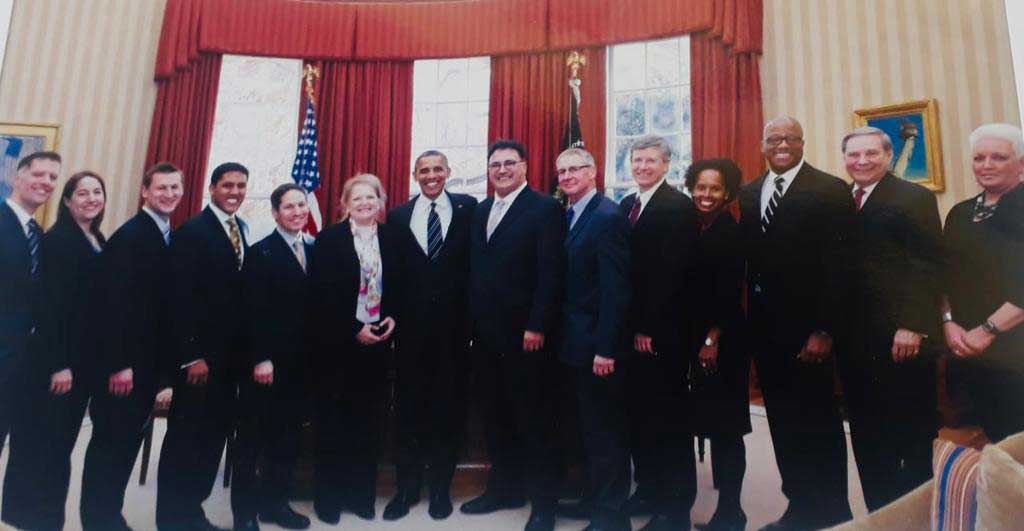
Jamaicaglobalonline.com wanted to know from Professor Fenton whether that decision made him then, and now, British or Jamaican. His response was unequivocal and worth repeating in full:
“ Up to my mid-twenties I spent half of my life growing up in Jamaica and so my Jamaican identity, sense of self and sense of viewing the world are still there but shaped and tempered by life experiences. Britain is where I want to be at this time and it’s a conscious decision to be part of and make a contribution to British society. Identity and a sense of multiple self are parts of that rich tapestry”. Fenton continues:
“ We often say in health that wherever you spend your adolescent years is the setting and environment that has the most impact in shaping you, your worldview and your values. The fact that I spent my teen and early adult years in Jamaica means I have no qualms in recognizing and acknowledging my Jamaican heritage”. Mother Carmen and the people of Smithville in Clarendon and father Sydney and the people of Kendal and Green Island in Hanover would be proud of this rooted and supremely confident offspring of Jamaica.
‘THE CORONAVIRUS IS A MARATHON NOT A SPRINT’
We were keen to extract a message from Kevin that would offer hope and encouragement to Jamaica now experiencing a second wave of the coronavirus. The core message that our Jamaican expert Prof Kevin Fenton has for Jamaica and Jamaicans at home and in the diaspora is that the learning to cope with the coronavirus was not going to be an overnight achievement. Until we have the vaccine and people are vaccinated, Prof Fenton predicts we are going to see subsequent waves of the pandemic. The power to control the disease rests in each of our hands. Its about keeping our hands clean; not touching our faces; its about social distancing; its about wearing your mask and staying home if you are unwell. These are all the basics we can use to help stop transmission of the disease and the sacrifices we make today will ensure that those we love today are here with us tomorrow. At the end of the day, the power to make a difference rests not with government but with you and me says Fenton.
Responding to our enquiry whether in light of his experience with the management of infectious diseases and covid-19 in particular, he had been approached by Jamaican health authorities for advice on strategies and best practices, Prof Fenton replied in the negative but was quick to point out that this would not have been possible given the pace at which they have been working in the UK. He was equally quick to point out that he had been following the data and recognized the fantastic job Jamaica has done up to this point. For him, this achievement is a testament to Jamaicans pulling together, to strong leadership and effective use of data to understand the epidemic and to ensure that the right impacts and interventions are put in place to control the virus.

What if any are the strategies being employed in the UK that could usefully be transferred to Jamaica?
Nothing he and his team in the UK are doing is particularly unique beyond employing the best public health practices. At the same time Prof Fenton believes that a critical ingredient for success is understanding what matters to communities. What won’t work he insists, is that if you have a nationally driven objective and you don’t bring people along with you, it builds mistrust and people don’t engage. In his experience, one of the strongest predictors of whether people will follow is the level of trust they have in the government which can only be achieved by having clear, consistent and honest information relayed to people over time. In approaching the work on coronavirus, Prof Fenton has used a lot of the principles developed to control the spread of HIV and Aids both in the US and in the UK, especially as it relates to stigma. A key element is for the authorities to keep talking about the disease, get people who have had the disease to talk about it; celebrate successes and above all show the benefit of knowing rather than not knowing your status. The same could be said for the coronavirus.
And his final words of advice for Jamaican health authorities: ensure that you look at data because it provides you with the insights you need about who to target; how well your programme is working and how you can continue to improve what you are doing. That enables you to give people data on what works and what the level of infection is in a particular community which makes it real in terms of what they need to do to protect themselves.
Life Beyond the Coronavirus for Kevin Fenton
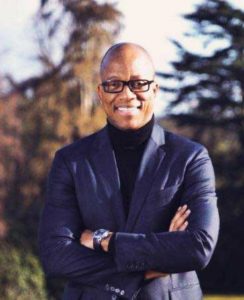
In spite of the enormous responsibilities with which he is faced on a daily basis, Kevin Fenton is a happy man. He exults in the fact that all the things he thought in his mid-twenties that he wanted to achieve he has been blessed by being able to achieve them at this time. He unabashedly declares to Jamaicaglobalonline.com :
“I’m at that wonderful place where I can exhale a bit and I can enjoy where I am and the influence I have and I can begin paying back and paying forward, to use my talents and energies to have the greatest impact and the greatest good.” Kevin recognizes that he is privileged to be doing “one of the best public health jobs in the world” where he can see so many amazing things to do in that role as he continues his work in global health, provide leadership in public health through research, writing, media and communication. Above all he wants to continue to make London one of the greatest cities in the world where well-being is part of the identity of every Londoner. As he watches the steady decline in the rate of the coronavirus infection in the London region and as the city prepares for a roll-out of the first anti-viral vaccines, Kevin’s most immediate desire, is to be able to travel to Jamaica in the new year to see his family and to join with his father Sydney, in the celebration of his 86th birthday.


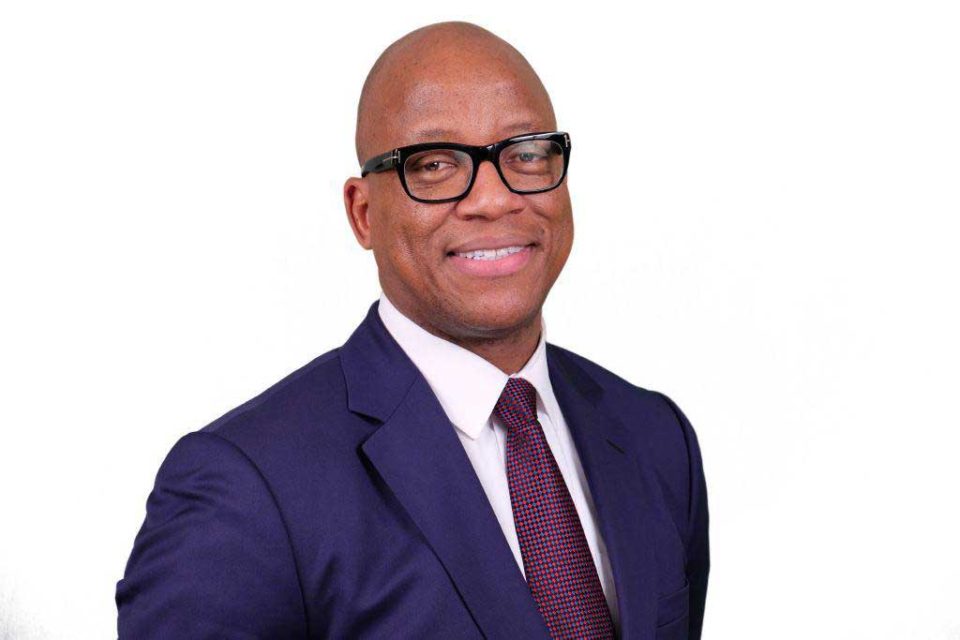
‘All Ah We A One’; Jamaican Diaspora or home on the Rock